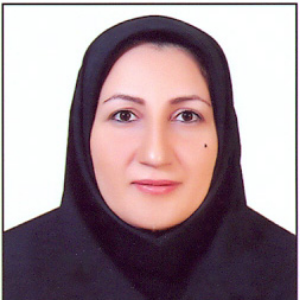Title : The effect of biopriming on quantitative and qualitative yield characteristics of Melissa officinalis L under water deficit stress in the second year of cultivation
Abstract:
In order to investigate the effect of plant growth-promoting rhizobacteria (PGPR) on quantitative and qualitative yield of Melissa officinalis L. under water shortage stress in the second year of cultivation, an experiment was conducted as a split plot based on a randomized complete block design with three replications. Three levels of water shortage (full irrigation, 75% and 50% of full irrigation) as the main factor and inoculation with plant growth-promoting rhizobacteria in 5 levels including control (no bacterial inoculation) and inoculation with four bacterial species (Azospirillum, Bacillus strain A, Bacillus amyloliquefaciens and Stereptomises rimosus) were considered as subfactors. Based on the results, the effect of different levels of water stress was significant (P < 0.001) on leaf surface, leaf surface index, essential oil yield and biological yield essential while significant (P < 0.05) on oil percentage. The effect of bacteria on leaf surface, leaf surface index, essential oil yield and biological yield was significant (P < 0.001). The increase in water stress levels led to a decrease in all investigated traits except the percentage of essential oil while the inoculation of the plant with PGPR increased all traits compared to the control. In bacterial treatments, a reduction in the adverse effects of water stress was observed. According to the obtained results in this research, in order to improve the studied agronomic traits, inoculation with Bacillus amyloliquefaciens and inoculation with Azospirillum in order to improve the percentage of essential oil, is recommended.



